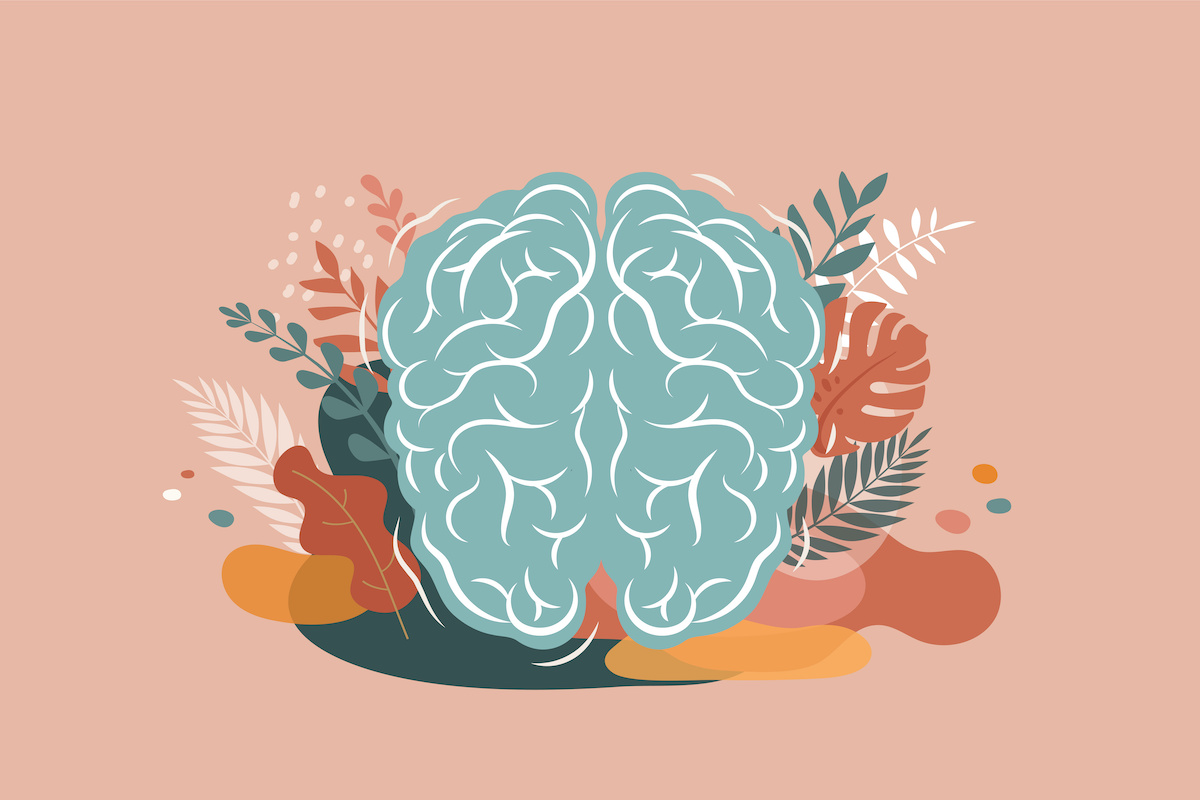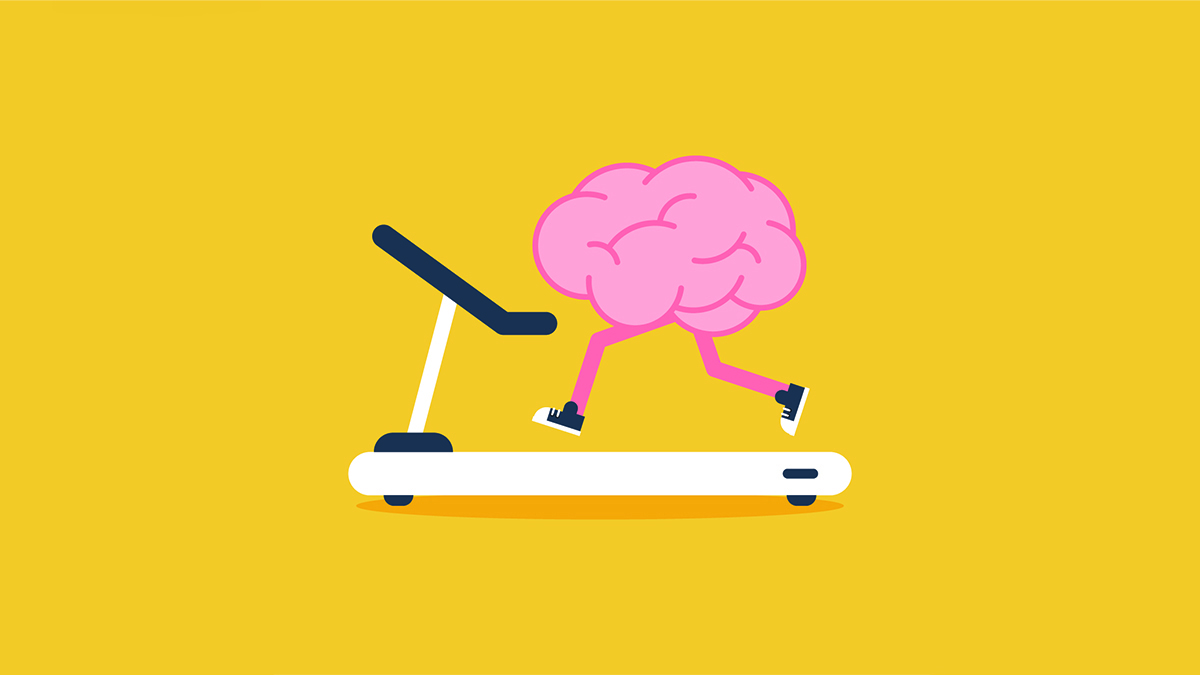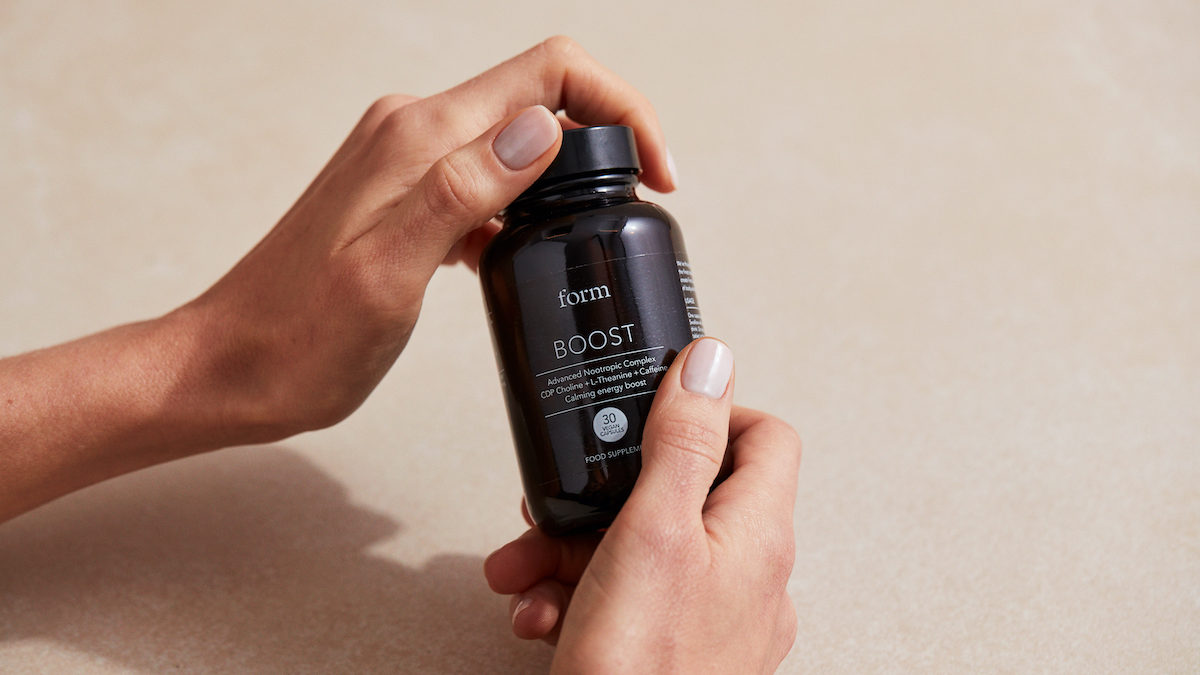10 Commandments for Keeping Your Brain Sharp and Healthy

Lonely WFH days, late-night Netflix binges, and mindless social media scrolls are all a regular part of modern life, and absolute drains on your brain health. And so while physical health, at least as far as gym-going is concerned, regularly commands column inches — heck, whole magazines are devoted to the pursuit of more muscle — brain health, especially among younger generations, can go somewhat forgotten about.
Brain health is as important, if not more important than physical health though. The human brain is the command centre for the nervous system enabling thoughts, memory, and movement. As we age, the burden of neurological disorders and challenges for the preservation of brain health increase.
It’s like anything, we take it for granted when it’s around, but when it’s going or gone, it can put a massive strain on our quality of life. Here we break down 10 lifestyle edicts to follow in order to maintain a healthy and sharp brain for now, and as you age.
Make Sure You Get Your Eight Hours
We’ve all heard the damning statistics about how little sleep we’re getting, but it’s an important point to reiterate, especially when you consider how vital nocturnal rest is for the brain.
A 2021 study showed that not getting enough sleep leads to brain stress, cloudy thinking and decision fatigue, while those regularly getting an average of eight hours of sleep each night have been found to have better brain (and physical) health in their later years.
Good lifestyle habits when you’re awake — exercising regularly, consuming lots of fruit and veg, limiting screen time — will positively impact your sleep, but if you need a helping hand try our ZZZZs supplement which combines 5-HTP with calming amino acids and the dietary minerals magnesium and zinc, to naturally support a regenerative sleep.
Exercise Regularly
When we exercise we think pumped-up biceps and swole pecs. But did you know your brain is also getting its pump on with each mile and every curl? It’s all about something called grey matter – a region of the brain directly involved with ageing and cognitive decline — with a 2020 study from Mayo Clinic showing that your peak oxygen uptake brought on through exercise was strongly associated with increasing this grey matter. Aim for around 150 minutes of cardio per week to really get your brain pumping.

Eat Omega-3s, Dark Chocolate, And Blueberries
There are lots of foods out there touting brain-boosting capabilities, but those containing omega-3s are arguably number one. The omega- 3 DHA is especially vital for brain development in childhood, and as such DHA is an important ingredient in prenatal vitamins. Fish is the main source of DHA, but those on a plant-based diet can also find it in our vegan multivitamin, Multi.
Other foods beneficial for brain health include dark chocolate, with a study from the University of Nottingham showing that eating high flavanol cocoa for five days improved blood flow to the brain, and blueberries, which are rich in antioxidants that have been found to help communication between brain cells.
A Little More Conversation Please
Don’t listen to Elvis if you want to boost your brain health; it’s more conversation we need, not less. Well, that’s according to a 2021 study published in Jama Network Open which used MRI scans and self-reported data to analyse 2,171 adults over the age of 45, and found that those who could count on someone to listen when they needed to talk were strongly linked with cognitive resilience and superior brain functioning. Make sure to maintain strong, supportive relationships as you age — after all, it’s the smart thing to do.
Learn Something New
Learning a new instrument or language is hard, but then nothing truly good for you was ever easy.
A 2017 study into the effects of sound-making actions asked participants to listen to music from an unfamiliar instrument, a Tibetan singing bowl, and reproduce it themselves. They found that learning to reproduce the sounds and rhythm led to changes in certain audio-induced brain waves, and better connectivity between auditory and sensorimotor areas of the brain, concluding that this could open up the potential for musical learning to be used in rehabilitation for brain trauma.
Investigating the former, researchers from the University of Edinburgh worked with a group of people with Alzheimer’s disease, vascular dementia, or frontotemporal dementia, and noticed that those who spoke a second language, were likely to have their dementia onset delayed by as long as four and a half years — proof then that bilingual rock-stars are certified brainiacs.

Make Reading Part Of Your Daily Routine
Daily reading levels have significantly decreased through the years, especially among teens. But reading is important for brain health, as well as helping us expand our ideas and understanding of the world.
Using MRI scans, researchers at the University of Southern California found that reading involves a complex network of circuits and signals in the brain, with those networks getting stronger as your reading ability improves and matures. These signals in turn help your brain respond better to physical sensations like movement and pain.
Reading also helps with healthy ageing, with a 14-year study published in 2020 finding that those who read one or more times a week were less likely to have cognitive decline at 6-year and 14-year intervals, while a 2018 study tracking people aged 65 and older over the course of five years found that late-life reading was associated with a lower risk of dementia years later.
Meditate, Meditate, Meditate
Stress can put a lot of, well, stress, on your brain, so it makes sense that anything which counteracts this, like meditation, can have a significant and positive effect. In fact, researchers at Harvard University found that mindful meditation doesn’t just benefit your brain, it actually changes the structure of it, by increasing cortical thickness in the hippocampus, which governs learning and memory, and other areas of the brain that play roles in emotion regulation and self-referential processing.
Not only that, those examined after an eight-week meditation course were also found to have reduced brain cell volume in the amygdala, which is responsible for fear, anxiety, and stress.
Explore The World Of Natural Nootropics
Caffeine (as found in coffee and our Boost supplement) is the most widely used nootropic, with lifelong caffeine consumption regularly linked to the prevention of cognitive decline, while the increasingly popular bacopa monnieri (as found in our Edge supplement) was shown to have the potential to help treat and regulate the various biological processes of some neurological diseases, including Alzheimer’s, according to a 2020 study.
“Genetics aside, natural nootropics can have benefits both in the short term and the long term,” notes nutritionist, Sarah Carolides. “One of the largest benefits away from cognitive functioning is in the adaptive stress response. Some of these compounds can enhance the ability of the brain to resist severe or chronic stress, which can help reduce inflammation and all the health issues that arise from it.”

Easy On The Drink
Imbibing in moderation can be a helpful way to feel more social and unwind, but as anyone who has ever endured a killer hangover will surely tell you, the easier you take it the better.
This is especially true in regards to brain health with a study from Harvard University on 3,376 people finding that brain volume shrank in proportion to alcohol consumed, and that atrophy was greater even in light and moderate drinkers than in teetotalers. It’s thought then that while drinking doesn’t kill brain cells, as the adage goes, it does damage the ends of neurons in the brain, which can make it difficult for them to send important nerve signals.
Get Your Pokerface On
While we’d never condone gambling, a game of cards — money off the table of course — can lead to greater brain volume in several regions of the brain according to a 2015 study from the University of Wisconsin. Not only that, a study at the University of California, Berkeley, found evidence that an area of the brain used in bridge stimulates the immune system with researchers pointing to the need to use memory and sequencing while playing as the key to firing up the region.


















